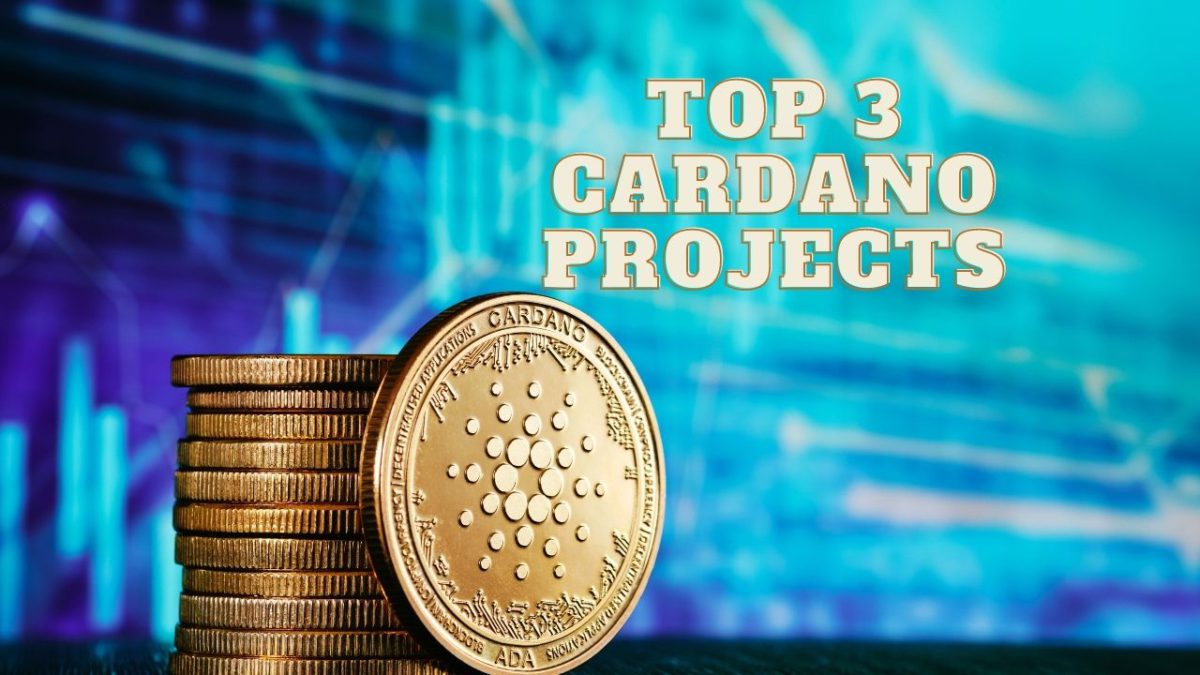Pike Finance Suffers Double DeFi Blow: $1.6M Exploit Marks Second Incident in Three Days
Decentralized finance (DeFi) lending protocol Pike Finance has been struck by a second critical vulnerability in just three days, resulting in the loss of over $1.68 million worth of digital assets. This latest incident, reported by on-chain analytics firm CertiK, follows an earlier exploit that drained funds from the protocol.
The news raises serious concerns about the security of DeFi platforms, highlighting the potential risks associated with unaudited or buggy smart contracts.
Second Time’s Not a Charm: Pike Finance Targeted Again
According to CertiK’s findings, the most recent exploit targeted Pike Finance across multiple blockchain networks, including Ethereum, Arbitrum, and Optimism. The attacker leveraged a vulnerability within the protocol’s smart contracts, allowing them to manipulate the system and siphon off funds.
The exact nature of the vulnerability remains undisclosed, but it underscores the importance of thorough smart contract audits before deploying DeFi protocols. DeFi platforms often rely on complex code to automate financial transactions. Unfortunately, even minor errors in these smart contracts can be exploited by malicious actors, leading to significant financial losses.
Mounting Losses and a Questionable Future
The latest exploit comes on the heels of a previous attack on Pike Finance that occurred just three days prior. The details surrounding the first incident are scarce, but reports suggest it also involved a smart contract vulnerability. The combined losses from both exploits total nearly $2 million, a substantial blow for the fledgling DeFi protocol.
In an attempt to recover some of the stolen funds, Pike Finance is reportedly offering a 20% bounty on the returned assets. However, the success of this initiative remains uncertain. The incident has likely eroded user confidence in the platform, potentially jeopardizing its future viability.
Also, read – Top 10 Amazing Ways Blockchain Can Help In Asset Management And DeFi Lending
A Stark Reminder: DeFi Security Concerns Linger
The repeated exploitation of Pike Finance underscores the ongoing security challenges within the DeFi landscape. While DeFi offers innovative financial products and services, its reliance on smart contracts introduces a unique layer of risk.
This incident serves as a stark reminder for investors and users to carefully evaluate the security posture of DeFi platforms before entrusting them with their funds. Here are some key takeaways:
- Prioritize Smart Contract Audits: Using well-established auditing firms to scrutinize smart contract code is crucial for identifying and mitigating vulnerabilities before deployment.
- Beware of New and Unproven Protocols: While innovation is a hallmark of DeFi, exercising caution with new and untested platforms is advisable. Opting for established protocols with a proven track record can minimize risk.
- Conduct Thorough Research: Always research a DeFi platform before investing. Look for information on its security practices, team expertise, and past performance.
The DeFi space is constantly evolving, but security must remain a top priority. As Pike Finance grapples with the aftermath of these exploits, other DeFi protocols should take note and prioritize robust security measures to safeguard user funds and maintain trust within the ecosystem.
Stay informed with daily updates from Blockchain Magazine on Google News. Click here to follow us and mark as favorite: [Blockchain Magazine on Google News].
Get Blockchain Insights In Inbox
Stay ahead of the curve with expert analysis and market updates.
latest from tech
Disclaimer: Any post shared by a third-party agency are sponsored and Blockchain Magazine has no views on any such posts. The views and opinions expressed in this post are those of the clients and do not necessarily reflect the official policy or position of Blockchain Magazine. The information provided in this post is for informational purposes only and should not be considered as financial, investment, or professional advice. Blockchain Magazine does not endorse or promote any specific products, services, or companies mentioned in this posts. Readers are encouraged to conduct their own research and consult with a qualified professional before making any financial decisions.

 Bitcoin
Bitcoin  Ethereum
Ethereum  Tether
Tether  XRP
XRP  Solana
Solana  Dogecoin
Dogecoin  USDC
USDC  Lido Staked Ether
Lido Staked Ether  Cardano
Cardano  TRON
TRON  Avalanche
Avalanche  Chainlink
Chainlink  Wrapped stETH
Wrapped stETH  Toncoin
Toncoin  Sui
Sui  Shiba Inu
Shiba Inu  Wrapped Bitcoin
Wrapped Bitcoin  Hyperliquid
Hyperliquid  Stellar
Stellar  Polkadot
Polkadot  Hedera
Hedera  WETH
WETH  Bitcoin Cash
Bitcoin Cash  LEO Token
LEO Token  Uniswap
Uniswap  Litecoin
Litecoin  Pepe
Pepe  Wrapped eETH
Wrapped eETH  NEAR Protocol
NEAR Protocol  Ethena USDe
Ethena USDe  Aptos
Aptos  USDS
USDS  Internet Computer
Internet Computer  Aave
Aave  Cronos
Cronos  POL (ex-MATIC)
POL (ex-MATIC)  Mantle
Mantle  Ethereum Classic
Ethereum Classic  Render
Render  MANTRA
MANTRA  Monero
Monero  WhiteBIT Coin
WhiteBIT Coin  Bittensor
Bittensor  Dai
Dai  Artificial Superintelligence Alliance
Artificial Superintelligence Alliance  Arbitrum
Arbitrum  Ethena
Ethena 



